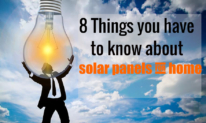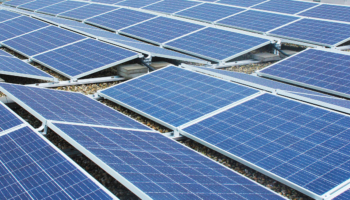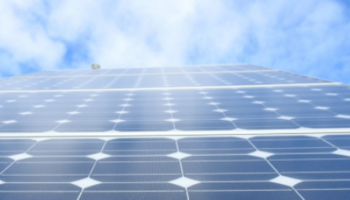Reading Time: 3 minutes
The last decade has engendered the age of solar panels for home usage . Homes and businesses throughout the nation are transitioning from a fossil-fueled power grid towards a clean energy market, required by emissions reduction goals at a period of global climate change. Amidst this age of electricity reform, rooftop solar panel systems for homes are taking off in a remarkable speed. It is time to provide home solar the credit it deserves. Discover everything there is to learn about the flourishing residential solar business in this “8 Things you have to know about solar panels for home” article.
1. Just how much has the cost of solar for homes dropped in the past couple of decades?
If you are an optimist searching for feel-good figures, the price of solar power in the last decade is a superb place to get started. U.S. solar setup price has dropped by approximately 70 percent within the previous decade. In the past year alone, the housing marketplace saw a five percent decline in price. There is no wonder that solar has evolved from a cleantech product to some sensible house update that countless Americans are contemplating in 2020. Obtaining solar panels on your roof is among the smartest choices you can make in the current age.
2. What’s the distinction between solar for company and solar for home usage?
An industrial solar may power a city or an organization’s operations. Because of this, they are dramatically different in terms of scale and price. As a result of their comparatively modest scale, solar panels for home are a viable energy update that can generate serious electric bill savings.
3. What exactly do residential solar panel systems usually cost?
The response to this question is dependent upon condition and system dimensions. But, there’s information which could help you estimate what solar panels price is in 2020. The simplest way to compute price of solar power across different system sizes will be in dollars per watt ($/W), which indicates just how many dollars solar will cost per watt of electricity production. To put that amount in perspective, in 2008 the normal price of solar has been only over $8/W.
4. Can my solar panels be linked to the grid?
The huge majority of home solar panels will be linked to the grid. With grid-connected solar, net-metering acts as a proficient solution of how will you power your solar at night. Net metering is a solar incentive where you get bill credits when your solar system overproduces electricity. During times when your panels are not generating enough power, you may use those charge credits to pay the expense of your grid power usage.
5. How long can one residential rooftop solar system needs to set up?
As soon as you’ve met with all the installers and completed all essential site visits and preparation, the actual setup of your house solar system is only going to require a couple of days.The precise time is dependent upon a range of variables. For instance, if you’re setting up internet metering, that procedure will take an extra time before your panels are properly linked to the grid. In general, the setup process is quite fast and fairly straightforward.
6. What will be the tax credits for residential house solar systems? Who qualifies?
You will find two easy ways to consider tax credits for solar panels. The significant tax credit related to solar panels for house is to the national investment tax credit (ITC), more commonly referred to as the solar tax charge . The ITC provides you a tax credit equivalent to 26% of the complete price of your system, provided that you get the system. The next option state solar tax credits, such as New York state’s tax charge that cuts another 25 percent off the cost of the home system. Based on which state you reside in, the chance for favorable tax breaks and solar plans could be significant.
7. What proportion of your home can you power with solar electricity?
Ideally, the solution to this question is 100 percent. But, though a solar panel method may theoretically cancel all your energy usage, it is not sensible to expect that degree of panel production each and every single day of this week. Leading U.S. solar manufacturer recommends that you factor in a 25 percent cushion when calculating your target for solar panel offset..There’ll be sure times when grid link is crucial to completely cover your electricity usage. On the other hand, the beauty of net-metering is that you can enjoy from excess production days and never pay anything to your utility while still relying on the grid for backup storage.
8. When will your home solar system attain the”break-even point”?
The anticipated breakeven point ranges across the nation, but normally, homeowners split even in their system price after about 8 years.









